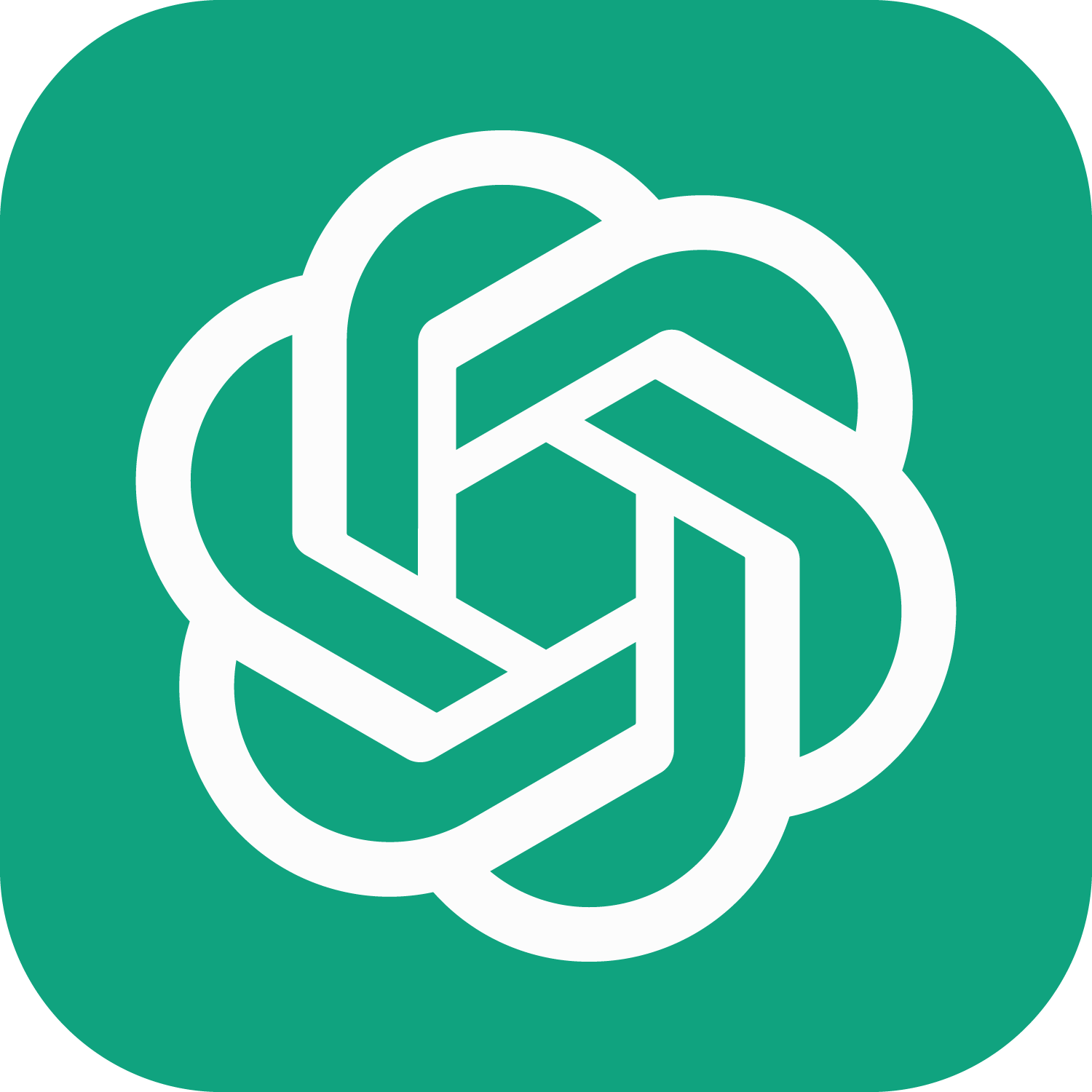A Python Cloud Engineer is a software engineer who specializes in building, deploying, and managing cloud-based applications using the Python programming language and related technologies. They work with cloud providers such as AWS, Google Cloud, and Microsoft Azure to build and deploy scalable, reliable, and secure cloud-based applications. They have a solid understanding of cloud computing concepts, as well as the Python programming language and its associated libraries.

A Python Cloud Engineer is responsible for designing, building, and maintaining cloud-based infrastructure, ensuring high availability and scalability, and ensuring that applications are secure and performing optimally. They also work with DevOps practices, such as continuous integration and delivery (CI/CD), monitoring, and logging, to improve the efficiency and reliability of cloud-based applications.
Cloud Engineer Salary in Asian
The average salary for a cloud engineer in Malaysia and other Asian countries can vary widely depending on factors such as experience, location, and company. However, here is a rough estimate of what you can expect:
- Malaysia: According to Glassdoor, the average salary for a cloud engineer in Malaysia is around MYR 8,000 – MYR 15,000 per month.
- Singapore: In Singapore, the average salary for a cloud engineer is around SGD 5,000 – SGD 10,000 per month.
- India: In India, the average salary for a cloud engineer is around INR 5,00,000 – INR 15,00,000 per annum.
- China: In China, the average salary for a cloud engineer is around CNY 200,000 – CNY 500,000 per annum.
These are just rough estimates and the actual salary for a cloud engineer may vary based on experience, skills, location, and company. It’s also worth noting that salaries in the tech industry are generally higher than the average salary in these countries.
Steps to become a Python Cloud Engineer
Here are the steps you can follow to become a successful Python Cloud Engineer:
- Acquire a solid understanding of Python programming language and its associated libraries.
- Get familiar with cloud computing concepts and services offered by popular cloud providers like AWS, Google Cloud, and Azure.
- Learn to design, build, deploy, and manage applications using cloud services such as AWS EC2, S3, RDS, and Azure virtual machines.
- Gain experience working with containers and container orchestration tools like Docker and Kubernetes.
- Learn to use infrastructure-as-code tools such as Terraform, CloudFormation or ARM Templates to manage and provision cloud resources.
- Develop a solid understanding of databases, data storage solutions, and their usage in cloud computing.
- Get hands-on experience with DevOps practices like continuous integration and delivery (CI/CD), monitoring and logging, and security best practices.
- Participate in coding projects, open source contributions, and other real-world activities to build your portfolio and gain practical experience.
- Stay up-to-date with the latest advancements in cloud computing and Python technologies by attending conferences, taking online courses, and following industry leaders.
- Network with others in the industry to build connections and expand your knowledge.
By following these steps, you will gain the necessary skills and experience to become a successful Python Cloud Engineer.
Cloud Engineer Certifications
Yes, certifications can help demonstrate your knowledge and skills in cloud computing and Python. Here are some popular certifications that can be useful for a Python Cloud Engineer:
- AWS Certified Solutions Architect – Associate
- Google Certified Professional Cloud Architect
- Microsoft Certified: Azure Developer Associate
- Certified Kubernetes Administrator (CKA)
- Docker Certified Associate
- Linux Professional Institute Certification (LPIC)
These certifications validate your understanding of cloud computing concepts and your ability to use the relevant technologies and services. Employers often look for these certifications when hiring cloud engineers. However, certifications are not the only factor in getting hired, practical experience and portfolio are also important to showcase your skills.
Free Resources
Here are some free resources you can use to learn and become a cloud engineer:
- Online tutorials and courses: Websites like Udemy, Coursera, and edX offer many courses on cloud computing, Python, and related technologies.
- Online documentation: The official documentation of cloud providers such as AWS, Google Cloud, and Azure is a great resource to learn about their services and features.
- YouTube’s tutorials: There are many YouTube channels that offer tutorials on cloud computing, Python, and related technologies.
- Open-source projects: Participating in open-source projects on GitHub is a great way to gain hands-on experience with cloud technologies.
- Online communities: Sites like Stack Overflow and Reddit have active communities of developers and engineers who are willing to help with questions and problems.
- Free trial services: Most cloud providers offer free trials of their services, allowing you to get a hands-on experience with their platforms.
- Practice exams: Websites like Whizlabs and Exam-Labs offer free and paid practice exams for cloud computing certifications.
By using these resources, you can learn about cloud computing and Python technologies and build your skills. Just keep in mind that free resources may have limited content and lack the structure and guidance of paid courses and certifications.
Further Readings
Here are some useful resources for further reading on cloud computing and Python:
- AWS Developer Guide: https://aws.amazon.com/developer/
- Google Cloud Documentation: https://cloud.google.com/docs
- Microsoft Azure Documentation: https://docs.microsoft.com/en-us/azure/
- Python official documentation: https://docs.python.org/3/
- Flask Web Development with Python Tutorial: https://auth0.com/blog/flask-by-example-series-part-1-new-to-flask-should-i-stay-or-should-i-go/
- Full Stack Python Guide: https://www.fullstackpython.com/
- DevOps Fundamentals by AWS: https://aws.amazon.com/devops/fundamentals/
- Kubernetes official documentation: https://kubernetes.io/docs/home/
These resources provide a wealth of information on cloud computing, Python, and related technologies, and can help you further your understanding and knowledge of these subjects.

